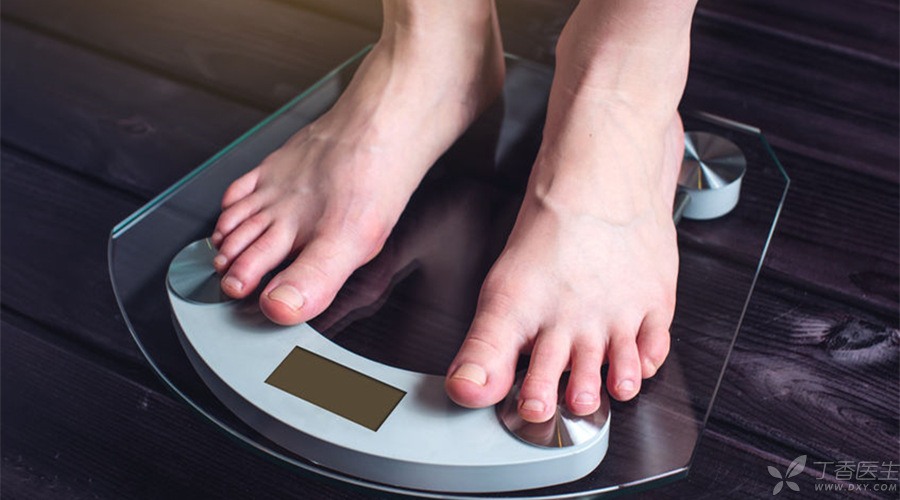
When we talk about breast-feeding, we often focus on the fact that breast-feeding is very beneficial to the baby. Breast milk is the safest and natural food for the baby and has short-term and long-term benefits for the baby’s physical and psychological development.
However, we have actually overlooked one point. Breastfeeding is also extremely beneficial to the mother’s own health. Today, Clove Mother asked Dr. Zhang Zheng to tell you about the six benefits of breastfeeding to the mother.
Postpartum recovery can promote uterine contraction and reduce postpartum hemorrhage rate.
After delivery, mothers will always receive a [belly-by-belly] examination from the doctor. In fact, the doctor is checking the recovery of your uterus size, hoping to recover to the prenatal uterus size as soon as possible.
Often in the postpartum reexamination, doctors also have a question that must be asked is lochia. If the amount of lochia is too large or the time of lochia is too long, the higher the risk of mothers suffering from puerperal infection and fever.
These two problems can be easily solved through breast-feeding.
During lactation, oxytocin secretion can promote the contraction of mothers’ uterus and reduce postpartum hemorrhage. Your enlarged belly will return to its original state in a shorter time.
Improving Osteoporosis and Reducing Diabetes Risk

The estimated density of mothers during lactation decreases, but the density of bone increases after lactation. Compared with non-lactation mothers, lactation can effectively prevent the occurrence of postmenopausal osteoporosis and fracture in the future.
Women who do not breastfeed have a higher risk of metabolic syndrome than nursing mothers. Breastfeeding is conducive to the recovery of mothers suffering from gestational diabetes mellitus. Weight loss caused by breastfeeding may reduce the risk of subsequent diabetes mellitus.
Postpartum contraception

If you are completely exclusively breast-fed (the baby only eats breast milk and does not add water, solid food or dispensed milk), then your menstruation is unlikely to come within at least 6 months, which is helpful for the mother to preserve the iron in her body and reduce the occurrence of iron deficiency anemia.
During this period, the probability of getting pregnant again is also extremely low. This is what we often call amenorrhea during lactation (LAM). The success rate of this method is as high as 98%-99%, which is almost equivalent to the contraceptive pill. Three conditions need to be met:
- The baby is less than 6 months old and has not recovered from menstruation. The baby is exclusively breast-fed, and is fed at least 8-12 times a day, including one night milk, and is fed on demand without setting an upper limit.
After 6 months, as long as menstruation is still not restored and the baby is still nursing day and night frequently, lactation can still provide a certain degree of contraceptive protection, but the effect will decline and further decrease with the passage of time, so mothers should pay attention to choosing appropriate contraceptive methods after 6 months.
Postpartum weight recovery

The synthesis of milk makes breast-feeding mothers consume an extra 300-500 calories every day. Many people find that it is obvious that mothers come back quickly after giving birth and recover quickly. In fact, you will find that many of these star mothers have chosen breast-feeding.
Enjoy close parent-child relationship and lose weight easily at the same time. This is really the most natural, safe and non-abusive way to lose weight.
Often breast-feeding mothers will laugh and say that they have reduced their replacement week when lying down, admiring others and making women who run wildly on treadmills and diet desperately feel sorry for them.
It can reduce the incidence of ovarian cancer, breast cancer and endometrial cancer of mothers.
Insisting on breast-feeding has the long-term effect of preventing cancer that the world dreams of for mothers.
Breastfeeding can reduce the incidence of breast cancer, endometrial cancer and ovarian cancer.
Instead of believing in unreliable anti-cancer and anti-cancer foods in the circle of friends every day, it is better to keep your feet on the ground and nurse happily.
Close Parent-Child Relationship Reduces Postpartum Depression

I believe every mother who is in a hurry and extremely tired after delivery has experienced depression and even collapse.
However, whenever the little lovely person in her arms starts to concentrate on sucking milk, the storm of the previous second turns into a silent drizzle that moistens things.
Breastfeeding provides a unique interaction between mother and baby, which is an emotion of intimate skin contact. Baby sucking can reduce hormone secretion and unhappiness related to depression. It allows mothers to smoothly survive the high incidence of postpartum depression.
Breastfeeding not only has countless benefits for the baby, but also has so many benefits for the mother herself. At this moment, have you already begun to prepare for breastfeeding for the sake of the baby and yourself?
Come on! One decision and one insistence, breast-feeding is not difficult.
